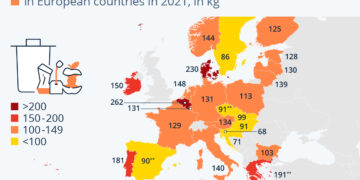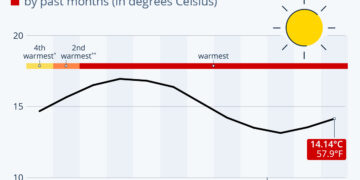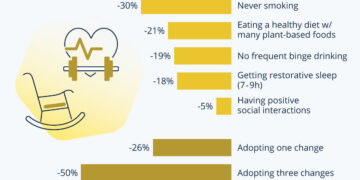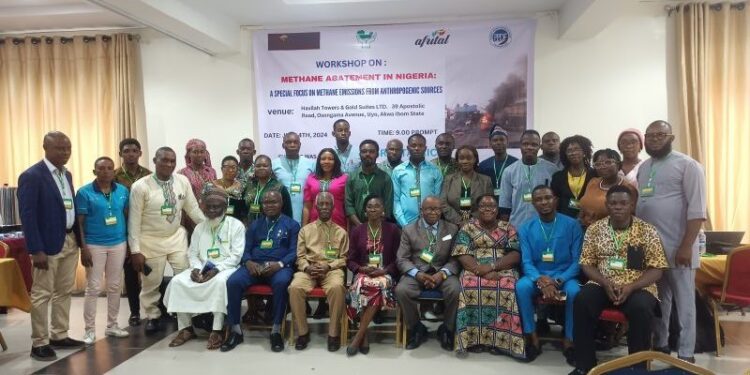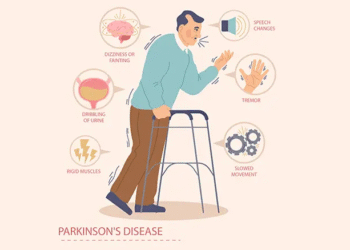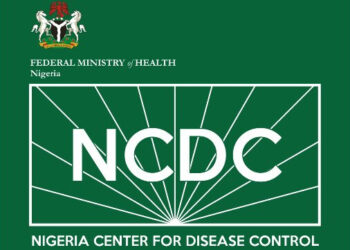In the global fight against climate change, a new battlefront has emerged: methane emissions. While carbon dioxide has long been the poster child for greenhouse gases, methane’s potent impact on global warming is finally getting the attention it deserves. With Nigeria setting ambitious targets to slash methane emissions, a recent workshop in Uyo, Akwa Ibom State, brought together key stakeholders of comprising of Environmental Centre for Oil Spill and Gas flaring (ECOSGF), African Initiative for Transparency Accountability and Responsible Leadership, (AfriTAL), and Peace Point Development Foundation (PPDF) to chart a course for effective methane abatement, particularly from human-induced sources.
Methane, though less abundant than carbon dioxide, packs a serious climate punch. With a heat-trapping potential 80 times greater than CO2 over a 20-year period, it’s responsible for about 30% of global temperature rise. This makes methane reduction a critical short-term strategy for mitigating climate change.
The Nigerian government has set bold goals: a 45% reduction in methane emissions by 2025, ramping up to 60-75% by 2030. However, this success hinges on engagement at all levels of government to establish methane abatement targets to complement the national strategy.
While methane has natural sources, human activities account for roughly 60% of total emissions. This workshop highlighted three key sectors:
1. Fossil Fuels (35%): Oil and gas operations.
2. Agriculture (42%): Livestock digestion, manure management, and rice cultivation are major contributors.
3. Waste Management (20%): Landfills alone account for 11% of global anthropogenic methane emissions.
Experts at the workshop outlined a multi-pronged approach to tackle methane:
1. Improved Monitoring and Reporting: We can’t manage what we don’t measure.
2. Education and Awareness: Building public understanding is crucial.
3. Stakeholder Engagement: Success requires buy-in from government, industry, and communities.
4. Technological Solutions: Adopting methane-reducing technologies across sectors.
5. Capacity Building: Investing in research and skill development.
Sector-Specific Solutions
Oil and Gas:
– Eliminate gas flaring
– Implement stricter regulatory standards
– Utilize captured natural gas for energy production
Agriculture and Waste Management:
– Promote biodigester technology to capture methane as an energy source
– Reduce food waste
– Implement alternative rice cultivation methods
– End open waste burning
Methane abatement offers more than just climate benefits. It can create jobs, improve air quality, boost agricultural yields, and provide new energy sources. By focusing on human-induced emissions, Nigeria has an opportunity to make rapid progress in its climate goals while driving sustainable development.
The workshop emphasized the need for collaboration between government agencies, civil society organizations, the private sector, and local communities. As Dr. Louis Ogbeifun noted, the project aims to set a precedent in key states that can be scaled nationwide.
The message is clear, tackling methane emissions requires a comprehensive, multi-sectoral approach. With strong policies, innovative technologies, and community engagement, Nigeria can turn its methane challenge into an opportunity for environmental and economic progress. As we confront the urgent threat of climate change, addressing methane emissions from human activities offers a powerful lever for near-term impact. Nigeria’s commitment to this cause could serve as a model for other nations, demonstrating that with focused effort, we can make significant strides in creating a more sustainable future.
The workshop which was held on Thursday 4th July, in Uyo, Akwa Ibom State was with funding support from TrustAfrica.









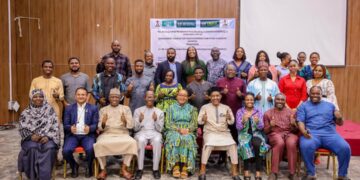


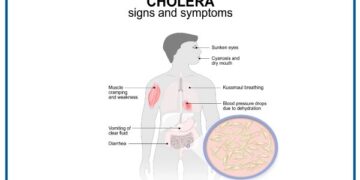



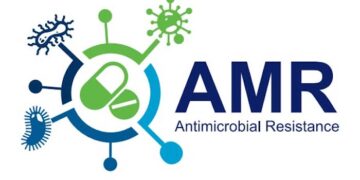

![Antimicrobial Resistance [AMR] in Hausa](https://healthtoday.com.ng/wp-content/uploads/2024/02/antimicrobial-resistance-AMR--360x180.jpeg)




